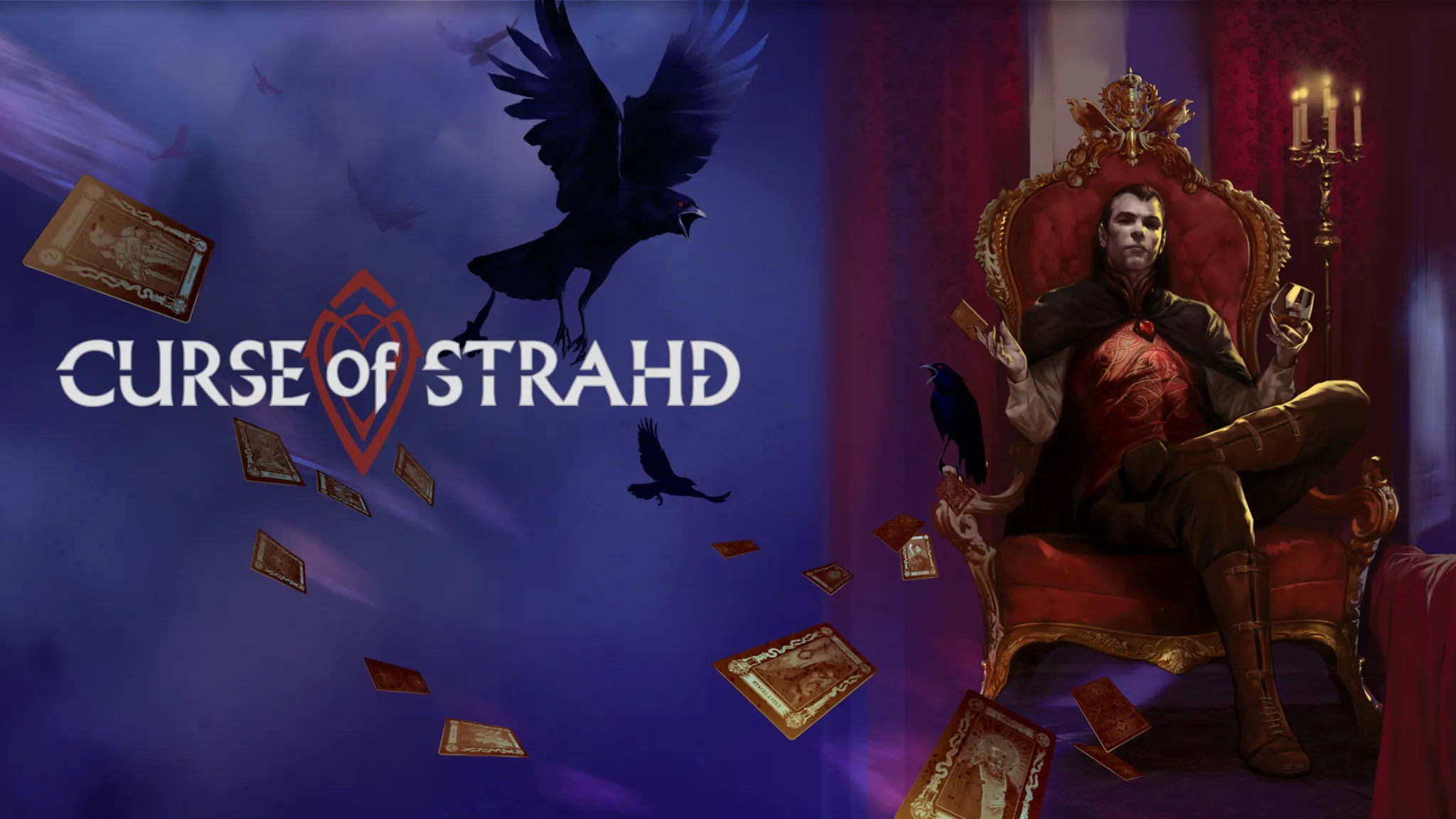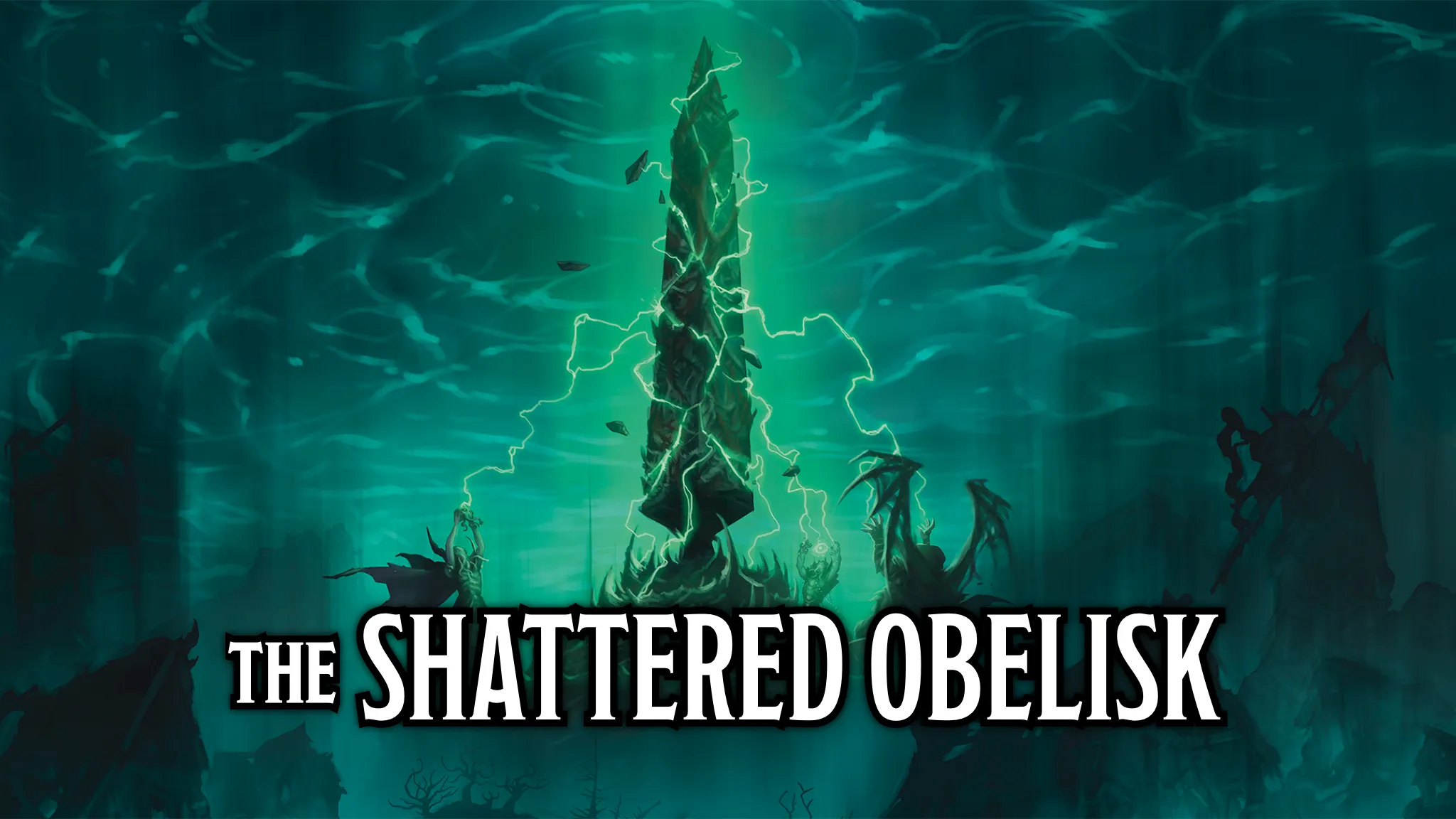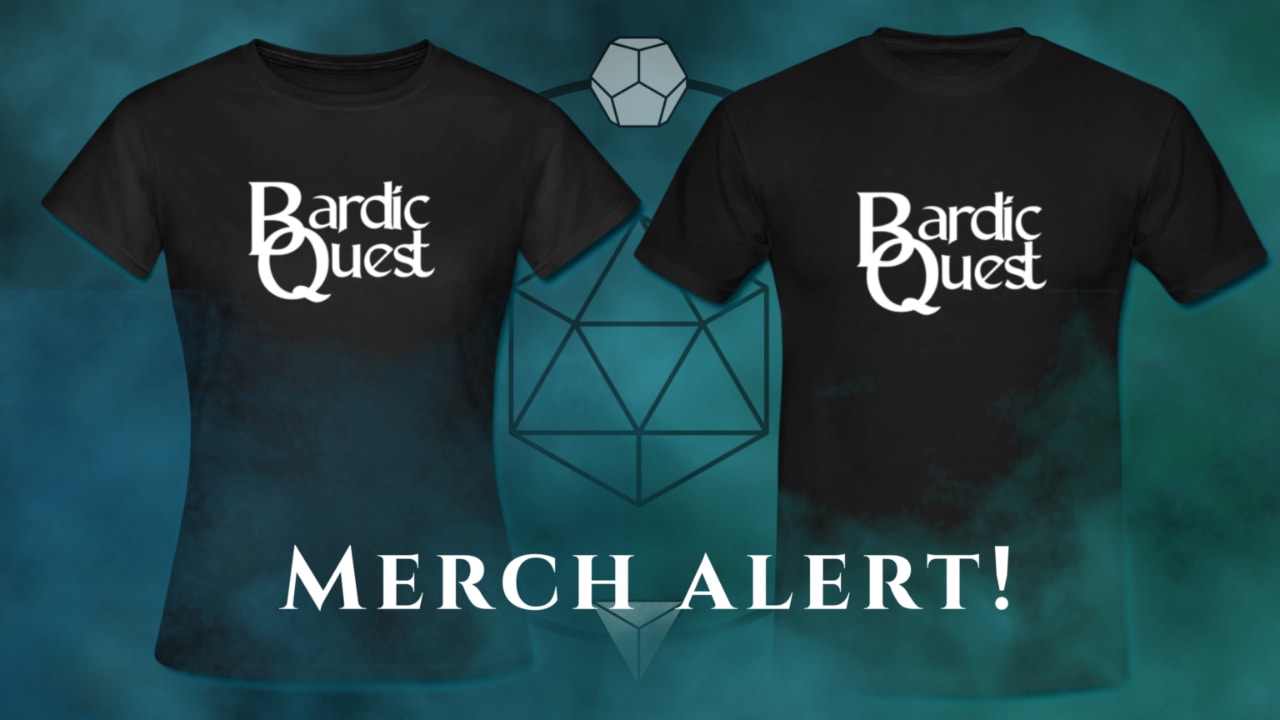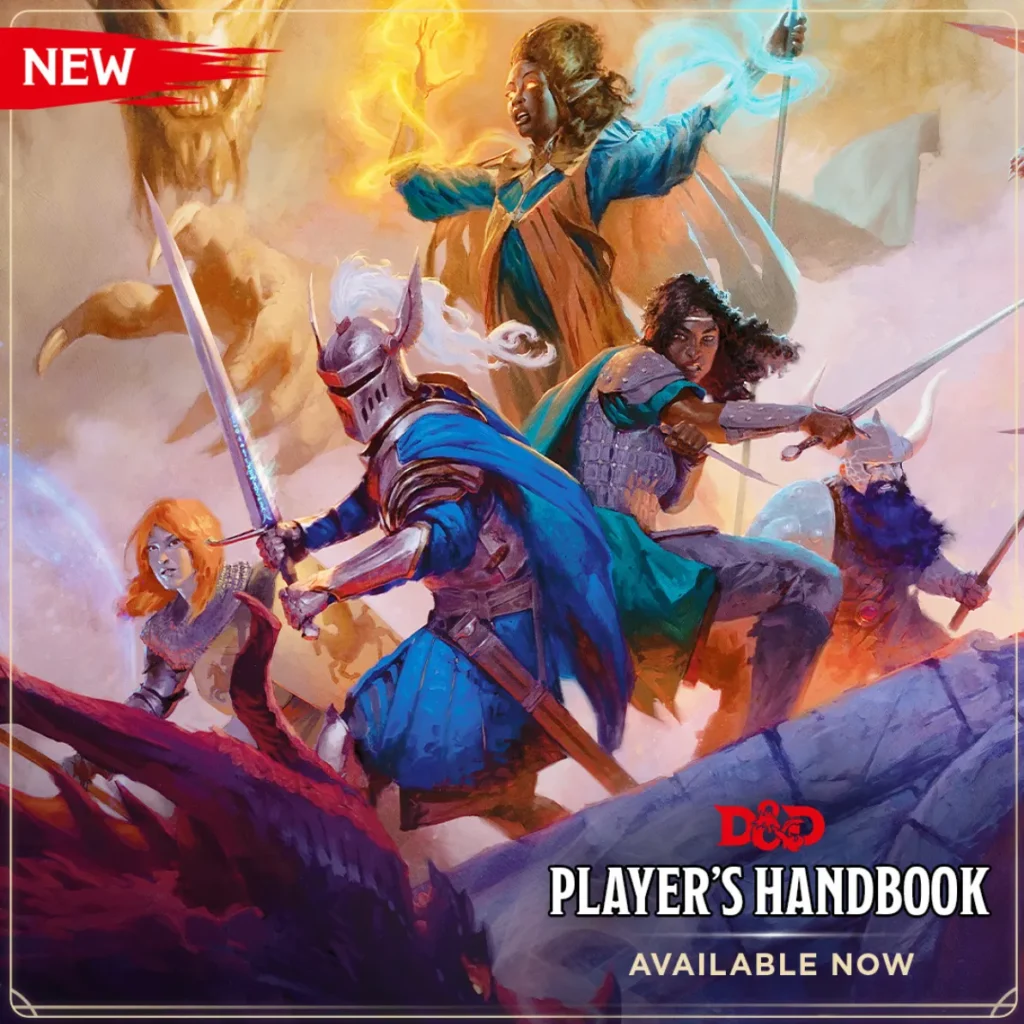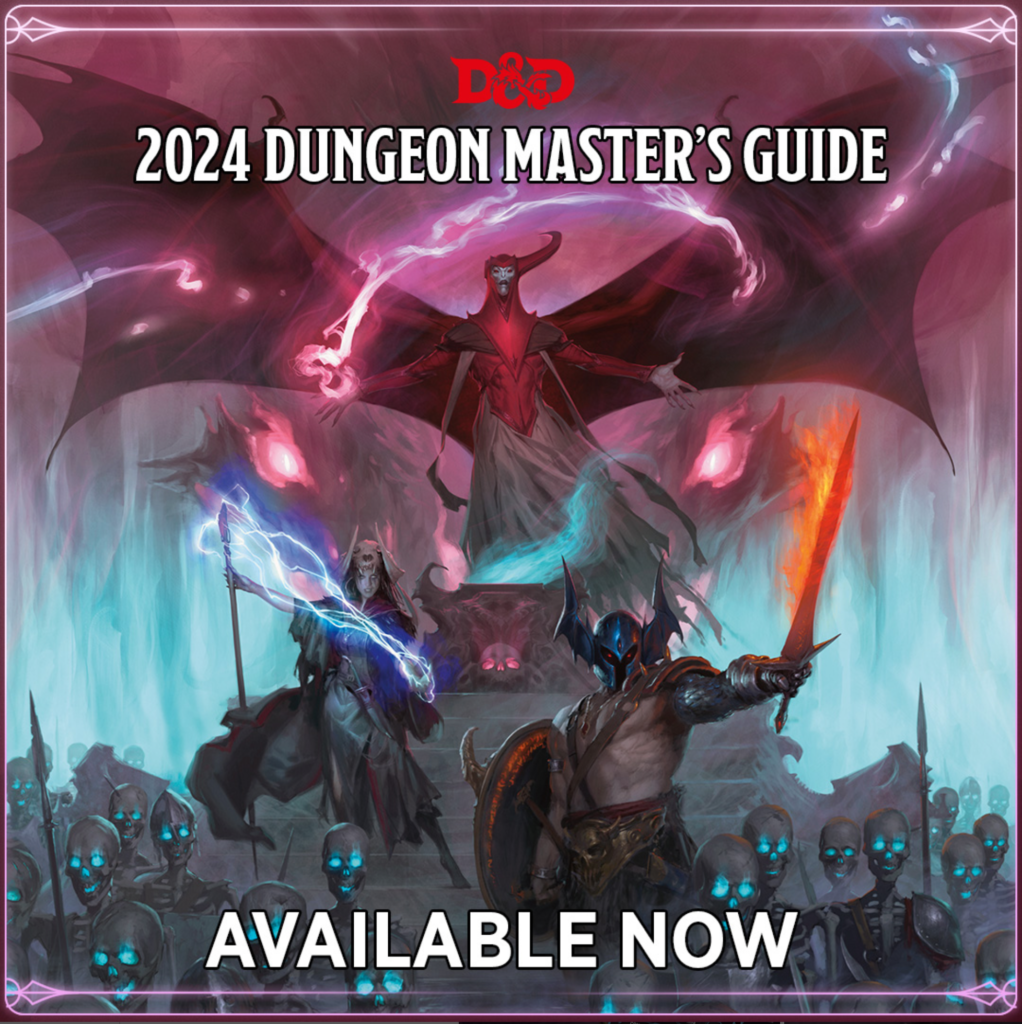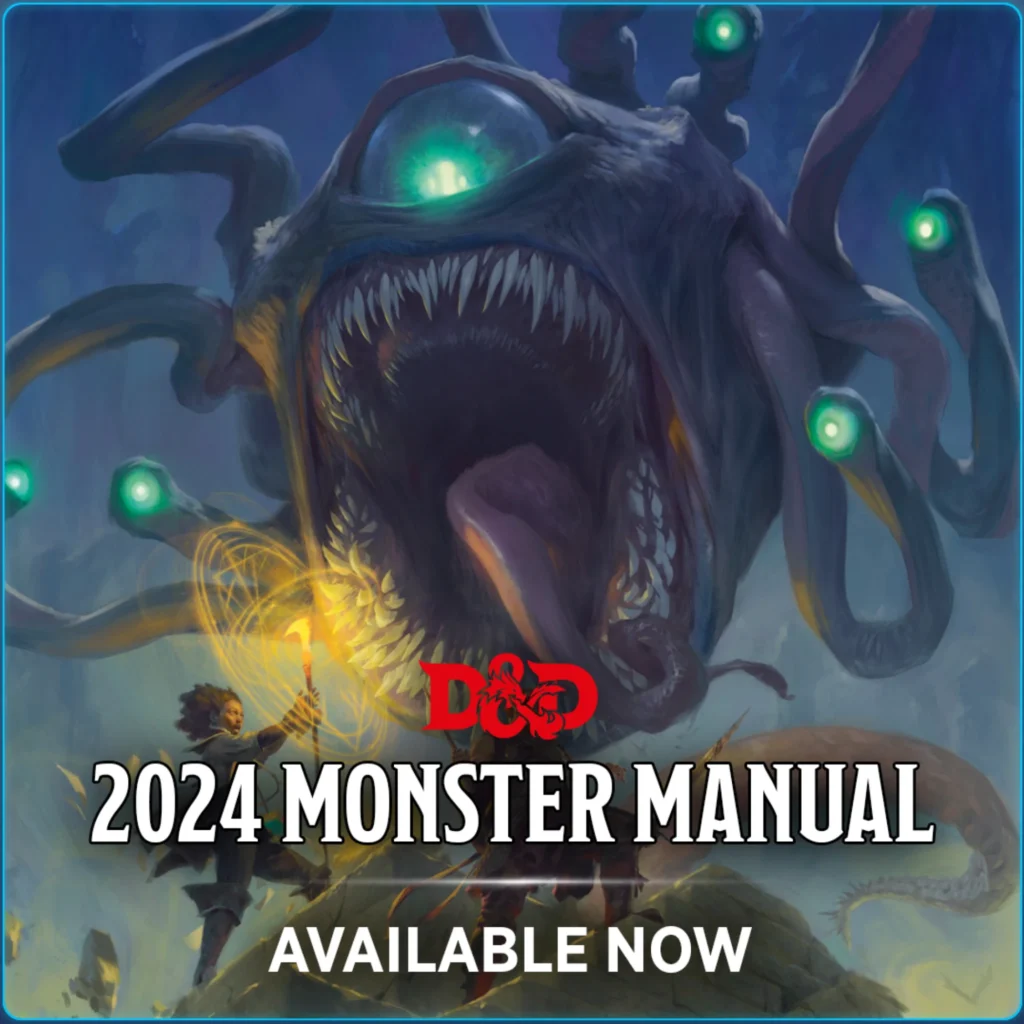Published on July 18, 2023
Written by Wayne Ingram
Dungeons and Dragons (D&D) has always been a beloved hobby for me. What sets it apart from other hobbies is its ability to serve as a creative outlet for anyone. The possibilities for creativity within D&D (and other TTRPGs) are endless. One obvious way to exercise creativity is through writing and storytelling, whether you’re a Dungeon Master or a player with a character backstory in mind. However, D&D offers even more opportunities to explore various forms of creativity.
Artistic individuals, such as those with cartography or illustration skills can utilise those skills to draw beautiful maps for their players or bring the various scenes of their games to life. Some will often contribute fan art to popular actual play shows. These visual representations enhance the scenes we experience and bring them to life. Filmmakers can also find a natural fit in actual plays, combining their love for the hobby with their craft of filmmaking.
Being an actor with a knack for creating my own content, it was only natural for me to embark on our own actual play series called “Bardic Quest.” But these are just a few of the more obvious creative avenues in D&D. Painting enthusiasts can indulge in miniature artistry, while those who enjoy 3D crafting can delve into the creation of dungeon terrain.
Actual plays also provide opportunities for musicians to compose or perform music, and fashion-forward individuals can showcase their skills through cosplay. The wide range of creative outlets available in tabletop role-playing games sets them apart from other hobbies and art forms. People can immerse themselves in this imaginative world in ways that resonate with them, be it visually, musically, or through filmic elements.
In fact, the only other industry that compares to the breadth of creativity in D&D is filmmaking. From concept art and costume design to soundtracks, scripts, and production, many elements come together to create a great film. It’s no wonder that the actual play format has gained traction, as it incorporates similar elements and allows individuals to explore their creative talents in a public forum.
As both a dungeon master and a content producer, I wonder if actual play shows might be the next evolution in entertainment. They provide a platform for individuals to practice and learn their craft in an improvisational manner, even if they lack formal training in script writing, storytelling, acting, or filmmaking. This evolution could parallel how film became an extension of theater, where the craft of theater unfolds on the screen in its rawest form, with the audience joining the practitioners on their journey.
As a professional entertainer, I find actual plays as an art form to be highly intriguing. Additionally, I recently received delightful correspondence from a player in one of our public games. They not only wrote a book based on their character in our campaign but also secured a publishing deal because of the captivating story they had created. Similar success stories are common in Hollywood, with filmmakers often attributing their craft to the skills honed in Dungeons and Dragons and other TTRPGs.
As TTRPGs and D&D shed the negative stigma that has plagued them for decades, I can’t help but wonder how many more stories like these we will hear from the next generation of creatives as they ascend the ranks. The future looks bright for those who embrace the creative opportunities that D&D and tabletop role-playing games offer.

